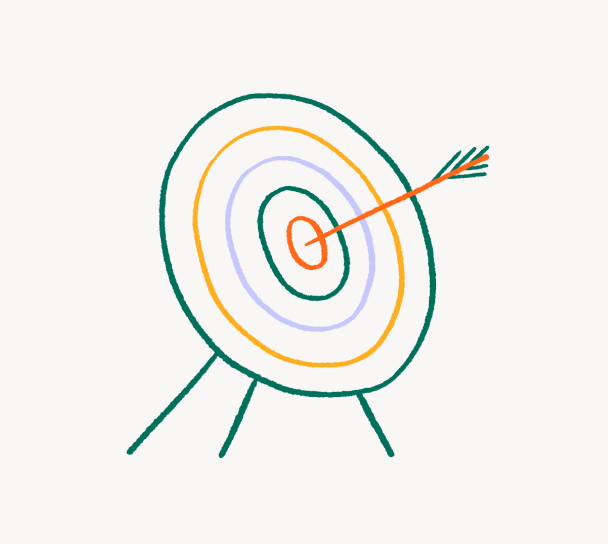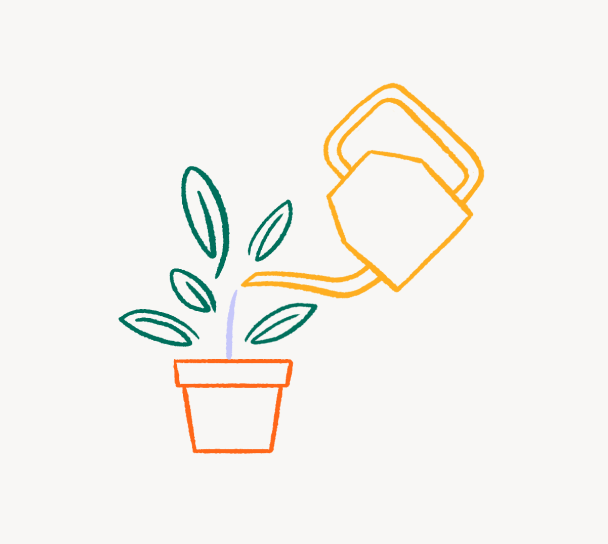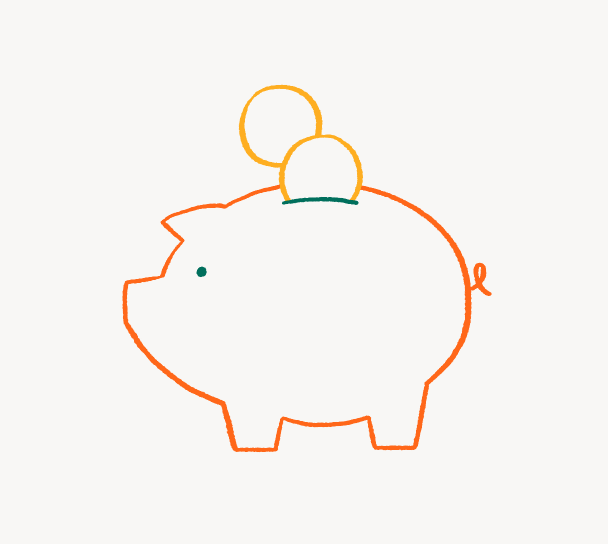Start by setting goals
When trying to decide whether to go paid, start by taking a look at your numbers. The value of your writer-reader relationship can be measured along two major axes: reach and engagement. Your reach is the size of your readership, and your engagement is how much your readers pay attention. Assessing these factors will help you make informed decisions about your earning potential, and feel more confident when you do turn on paid subscriptions.
Develop a publication strategy
Subscribers don’t pay for a single post or piece of information. Rather, they will pay for ongoing access to a writer – their unique worldview, expertise, and style.
In order to develop a potent publication strategy, you’ll need to be cognitively clear on who you are writing for and why they are drawn to your writing. Only once you have an understanding of who your readers are and why they tune into your writing, can you map out what you will offer these readers.
Elevate your publication using design
Readers’ impressions of your publication aren’t just about your writing. They also respond to the overall look and feel of your Substack site, posts, and social media presence. Effective, evocative design elements can level up how you visually communicate your publication’s value.
Grow your free list
The key to growth is writing and promoting your work regularly and consistently. It’s hard to predict which pieces will take off or when someone big will find and share your Substack. Even if growth feels slow at first, over time, the growth will compound into a self-propelling momentum.
Prepare for a successful launch
A paid launch only happens once. Successful launch strategies attract a base of paid subscribers from which future growth will spring. So treat your launch as the most important moment in the life of your Substack. The best launches are not just one moment or one day, but a series of efforts that drive a wave of excitement, attention, and subscriptions to your work.
Grow a paid readership
Not every writer makes six figures overnight; some of the most successful writers on Substack took months to get to where they are today. The good news about subscription businesses is that recurring revenue is more steady and predictable than selling one-off content, like a book or an article.
Even so, as you continue on your journey as an independent writer, you’ll have to experiment with ways to keep growing. We tend to see 5-10% of free subscribers convert to paying subscriptions, with 10% being a rate to aim for. If your conversion rate is significantly below 10%, use tried-and-true tactics from other writers to improve it.





